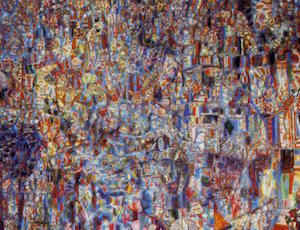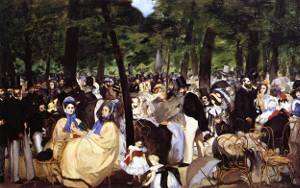Why do people share fake news, even when they understand it is fake? Sharing, especially in social media, is (also) the result of social processes (e.g., social influence, social norms), whose role in affecting what users chose to share online, or what opinion to express is still not clear. Here at LABSS we are interested in understanding the social mechanisms that drive people's decisions online, both in terms of what facilitates fake news sharing and what limits the adoption of corrective behaviours.
Read more
Human social behaviour is incredibly difficult to model.
Simulating society is one of the main challenges of Agent-based modelling (ABM), which aims at reproducing some aspects of social life with computational models.
Read more
Imagine that you want to get a job at an advertising company and want to convince the recruiters that you are highly committed. What could you do to convey your commitment to the company? And what should they be convinced by? Simple: take an action that is hard to fake by uncommitted job-seekers—the harder to fake the better. Presenting them with well-regarded past experience should be a good signal. Failing that, you could always stand outside their offices telling them that you will not leave until you get an interview (as one committed job-seeker did in London). This is a concrete application of signalling theory.
Read more
Whenever a major story breaks in the social media – from Brexit to the news that palm oil might cause cancer – it sparks animated debates. But can these discussions actually change people’s mind? And how do opinions create and evolve through society? The study of opinions using theoretical and numerical models has been one of the main goals of sociophysics until now, but these and several other key questions still remain unanswered.
Read more
TripAdvisor. Airbnb. BlaBlaCar. We live in an online world increasingly powered by the star-ratings economy. Whenever we want to try a new restaurant, find a room for rent or catch a ride, we can rely on the user-generated content evaluating the place or service we’re looking for. So users can help each other out by sharing their information and experiences, in a continuously growing virtual village built on the rules of online reputation.
Read more
If you walk into a post office and people are waiting in line for service, it is highly likely that you will also follow the queue as opposed to, say, going rambo and running through the crowd. Or think about the various ways to greet each other: by shaking hands, bowing or kissing, according to the different countries and traditions. Again, if you enjoyed the service and food in a restaurant you are likely to leave a tip, even if not explicitly required.
Read more







